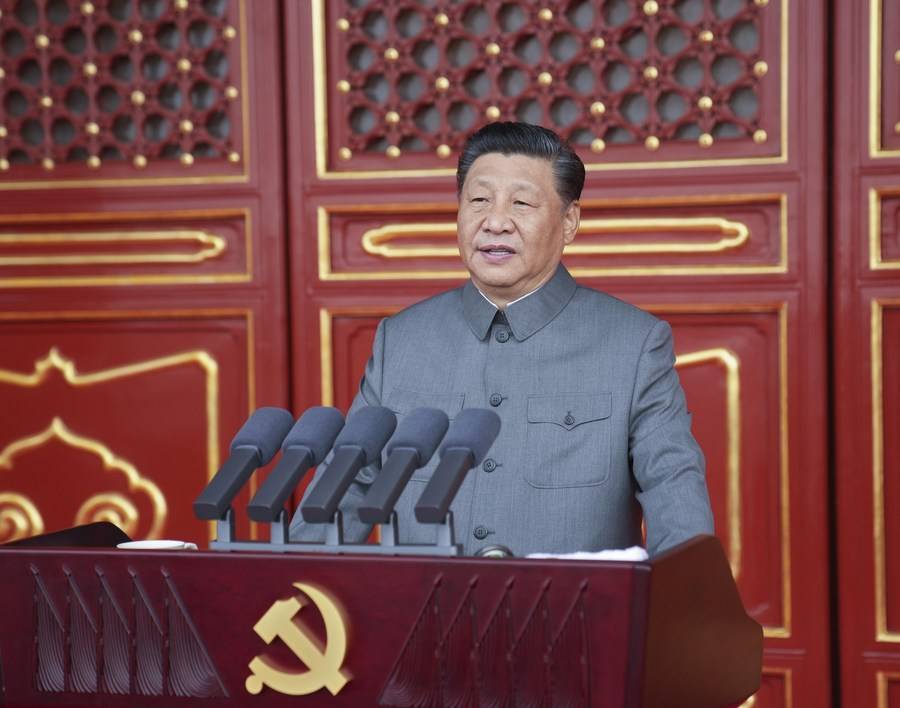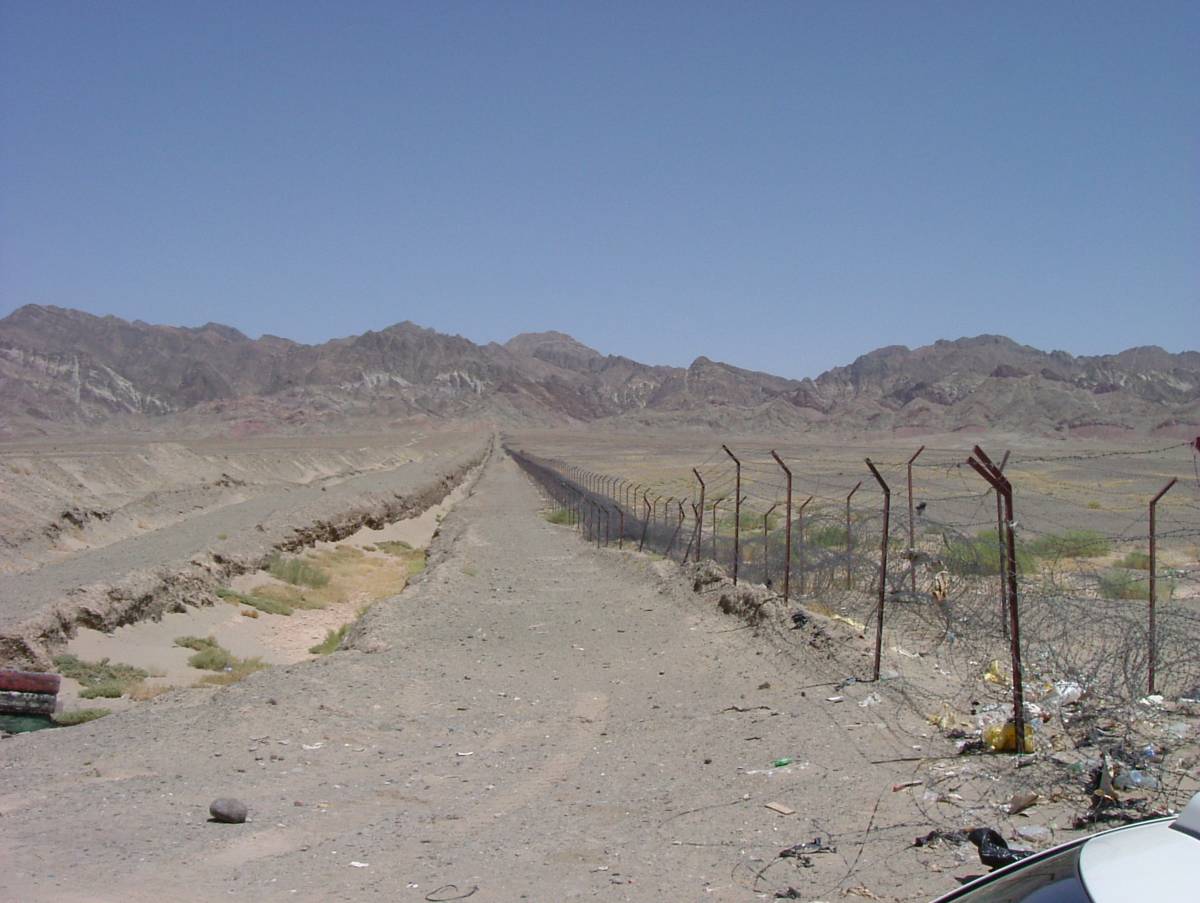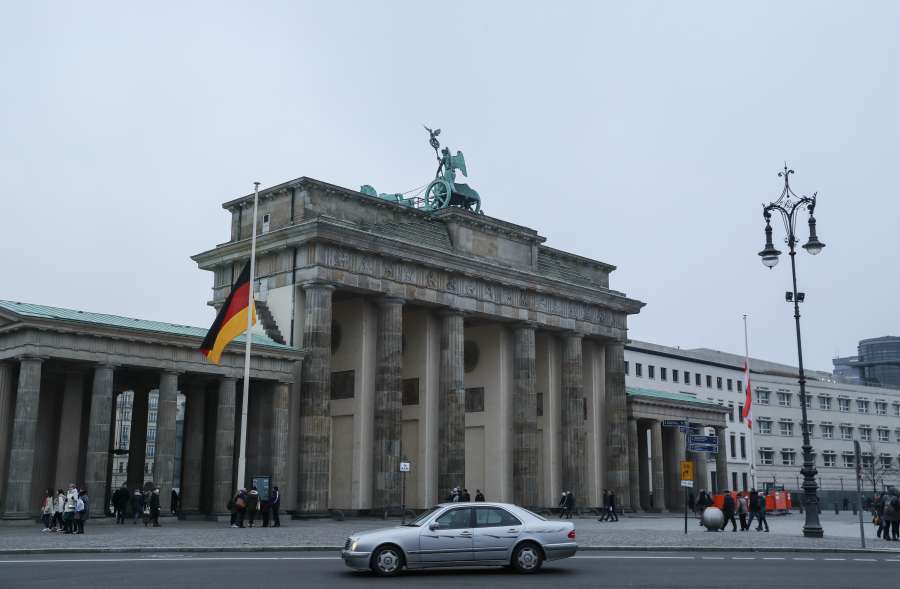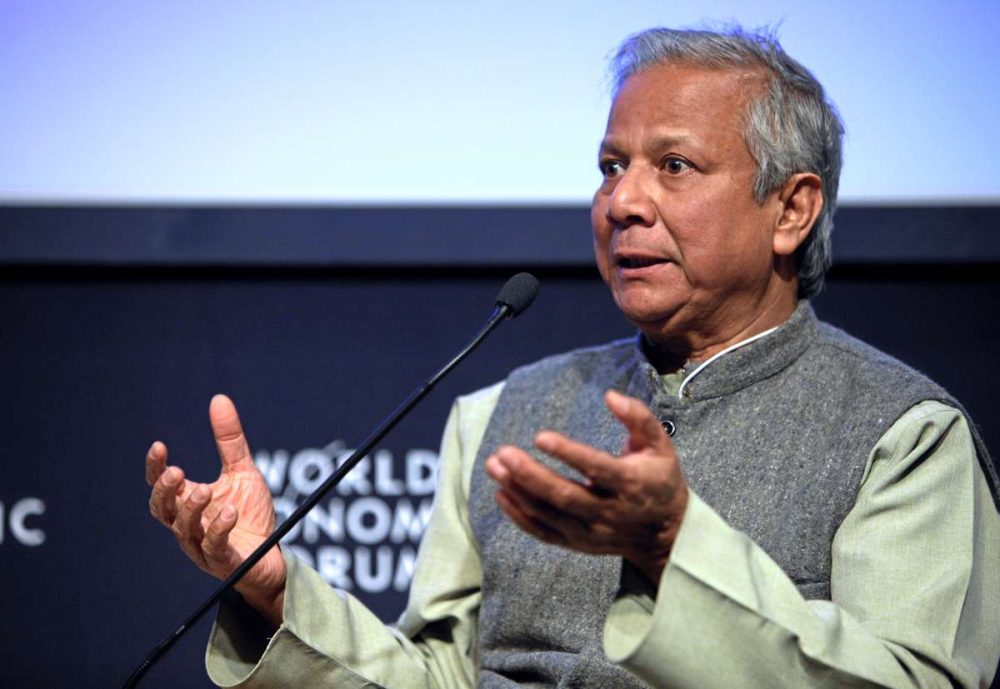When it comes to the encroachment of trade routes to expand its ambitious Belt and Road Initiative, Africa has been very crucial for the communist regime….reports Asian Lite News
China National Petroleum Corporation has been eyeing South Sudan’s oil reserves with 3.5 billion barrels a day since 2011, however, the country lacked a proper structure that could help enhance its economic portfolio, according to report.
However, Beijing in 1996 had already entered the Sudanese oil industry. Despite the US sanctions imposed then, China had continued to relentlessly pursue their interests in the war-torn nation, said the UK-based Policy Research Group.
When it comes to the encroachment of trade routes to expand its ambitious Belt and Road Initiative, Africa has been very crucial for the communist regime.
China had stationed over 1000 troops in South Sudan when it was marred by the civil war. The stationing of troops was the first-ever Chinese deployment under UN Peacekeeping Mission in South Sudan. However, it aimed to protect its business interests and overseas investment.
There were two major companies whose interests were to be protected, China National Petroleum Corporation (CNPC) and Greater Pioneer Operating Company (GPOC).
At that time, Beijing used to claim that it was non-interventionist in other’s internal affairs but South Sudan was projected as an aberration to that principle.
Viewing South Sudan as a great opportunity for the future, China aimed to secure oil income, fulfil infrastructure needs, access cheap labour and above all no competition from Japan and the US.
South Sudan accounts for only 2 per cent of China’s oil needs. Since the profit margins are as high as 50 per cent, access to this vital resource suits the risk appetite of the Chinese ventures. In recent times, South Sudan’s oil fields are reaching maturity and nearing depletion despite the country trying to mitigate the declining output by using enhanced oil recovery techniques said Policy Research Group.
South Sudan is completely helpless and vulnerable to Chinese exploitation as Beijing reportedly exports 80- 95 per cent of the oil being generated in this country.
On the other hand, China reportedly exports 80- 95 per cent of the oil being generated in this country leaving South Sudan completely helpless and vulnerable to Chinese exploitation.

Beijing’s new tactic involves bartering oil for developing infrastructure in the region. South Sudan tripled the amount of oil it is providing to the Export-Import Bank of China to fund one of the biggest infrastructure development projects in the country. It is supplying 30,000 bpd (barrels per day) of oil compared to 10,000 bpd in the past to China Eximbank. The bank has financed a hefty loan to build a 392-kilometre (244-mile) road from the capital city of Juba to Rumbek in the central region, according to Policy Research Group.
With this significant financial deal, China will be able to increase its crude reserves by deliberately stretching the duration to complete the infrastructure project.
When South Sudan separated from Sudan in 2011, the region approached for mineral production, precisely gold, to compensate the loss of around 75 per cent of its oil revenues.
The communist regime made significant headway offering lucrative investments promising enhanced technical support to extract precious minerals.
Beijing came to Sudan in 1970 to trace Chromite deposits and in the process conducted various geological surveys and found the abundance of minerals including gold deposits. China in 2010 again sent several groups of geologists to conduct geochemical surveys of five blocks in Kassala and the Red Sea states in collaboration with Sudanese mining experts to trace gold and other natural resources in the region said Policy Research Group.
Sudan owed USD 2.5 billion to China National Petroleum Corporation alone by the end of 2020. The civil war in the last decade had allowed Beijing to unleash its economic and military power in the region.
The absence of sustained foreign engagement led to enslavement by Beijing’s influence and it further resulted in economic depreciation especially when it should have been reaping the benefits of hard-fought independence.
Many African nations similar to South Sudan has been played into the Chinese debt trap strategy and are eventually losing their prime assets and vital natural resources, according to Policy Research Group. (ANI)













